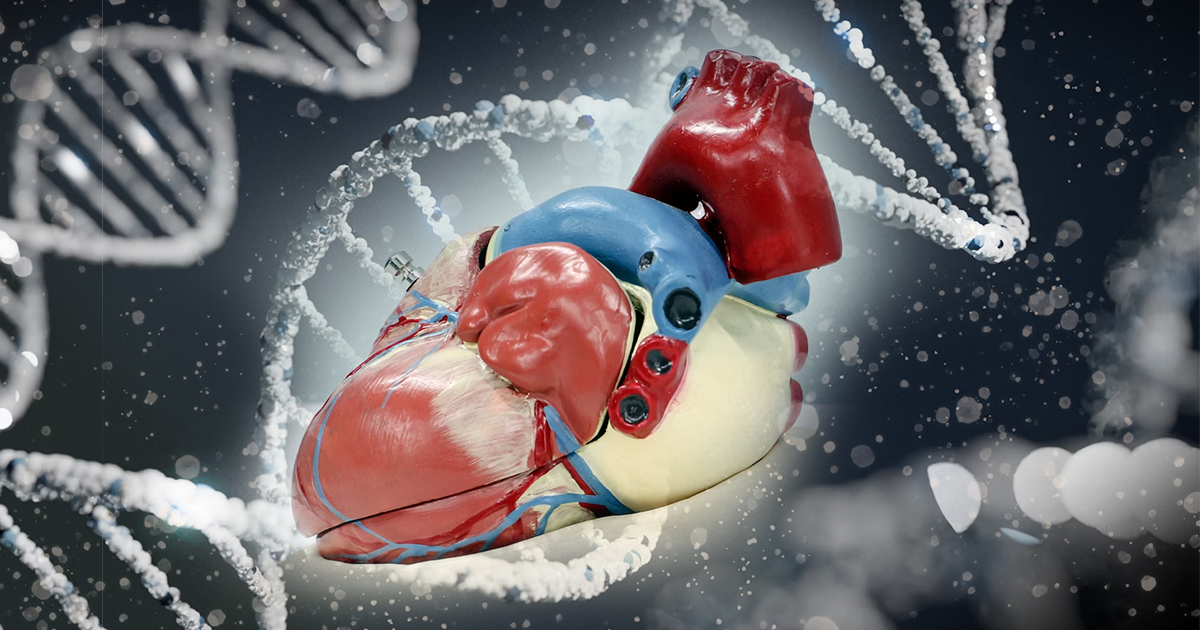- 0.9Impact Factor
- 1.4CiteScore
- 24 daysTime to First Decision
Gene Therapy in Cardiovascular Genetics
This special issue belongs to the section “Cardiovascular Genetics in Clinical Practice“.
Special Issue Information
Dear Colleagues,
Genetic research in the cardiovascular field has come a long way and has brought critical knowledge about the molecular basis and mechanisms of diseases such as cardiomyopathy arrhythmias and skeletal myopathies/dystrophies with cardiac involvement. This wealth of information has led to the development of novel therapeutic interventions, which are tailored for specific molecular changes, such as variants in the LMNA, MYBPC3, TTN, and GLA genes, among others (https://www.clinicaltrials.gov/search?cond=Cardiomyopathy&intr=gene%20therapy), thus making specific genetic information both a diagnostic tool and a pre-requisite to enter ongoing clinical trials or be the recipient of approved gene therapy. In this issue, we will explore how genetic information has shaped the current clinical landscape, modifying patient management and leading to more customized interventions such as gene and targeted drug therapies.
Dr. Matteo Vatta
Dr. Valeria Novelli
Guest Editors
Manuscript Submission Information
Manuscripts should be submitted online at www.mdpi.com by registering and logging in to this website. Once you are registered, click here to go to the submission form. Manuscripts can be submitted until the deadline. All submissions that pass pre-check are peer-reviewed. Accepted papers will be published continuously in the journal (as soon as accepted) and will be listed together on the special issue website. Research articles, review articles as well as short communications are invited. For planned papers, a title and short abstract (about 250 words) can be sent to the Editorial Office for assessment.
Submitted manuscripts should not have been published previously, nor be under consideration for publication elsewhere (except conference proceedings papers). All manuscripts are thoroughly refereed through a single-blind peer-review process. A guide for authors and other relevant information for submission of manuscripts is available on the Instructions for Authors page. Cardiogenetics is an international peer-reviewed open access quarterly journal published by MDPI.
Please visit the Instructions for Authors page before submitting a manuscript. The Article Processing Charge (APC) for publication in this open access journal is 1600 CHF (Swiss Francs). Submitted papers should be well formatted and use good English. Authors may use MDPI's English editing service prior to publication or during author revisions.
Keywords
- cardiovascular genetics
- gene therapy
- pharmacological targets

Benefits of Publishing in a Special Issue
- Ease of navigation: Grouping papers by topic helps scholars navigate broad scope journals more efficiently.
- Greater discoverability: Special Issues support the reach and impact of scientific research. Articles in Special Issues are more discoverable and cited more frequently.
- Expansion of research network: Special Issues facilitate connections among authors, fostering scientific collaborations.
- External promotion: Articles in Special Issues are often promoted through the journal's social media, increasing their visibility.
- Reprint: MDPI Books provides the opportunity to republish successful Special Issues in book format, both online and in print.


